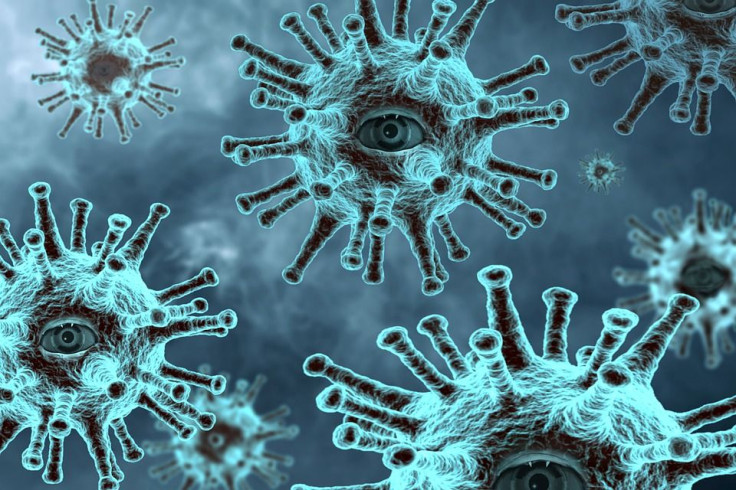
An investigation conducted by a research team in China on samples obtained from a market connected to the Covid-19 epidemic more than three years ago has been published.
The focus of the coronavirus origin investigation has been the Huanan seafood and wildlife market.
However, this is the initial, peer-reviewed analysis of biological data collected from the market in 2020.
It could offer new avenues of research into how the outbreak started by connecting the virus with animals sold in the market.
According to the study, swabs that tested positive for the virus also had wild animal genetic material in them.
According to some scientists, this is more proof that the disease was initially spread from an infected animal to a human.
Others, however, have cautioned against concluding too quickly, and it is still unknown why it took three years for the genetic makeup of the samples to be made public, BBC reported.
Another explanation holds that the virus unintentionally escaped from a laboratory in Wuhan.
The Chinese research team published an early draft of their paper online in February but chose not to disclose the complete genetic data found in the market samples.
Later, after discovering that the DNA sequences had been made available on a platform for exchanging scientific data, a different multinational team of researchers presented their evaluation of what those important market swabs had shown.
More significant information regarding the contents of those samples, which were taken from stalls, surfaces, cages, and equipment inside the market, is included in this latest analysis, which has been verified by other scientists before being published in the journal Nature.
According to the article by the Chinese research team, several samples that were taken from places where wildlife was being sold had tested positive for the virus.
Additionally, their investigation revealed that live animals, particularly raccoon dogs, who are now known to be vulnerable to the virus, were being sold there.
However, Chinese experts have noted that these findings don't provide conclusive evidence of how the disease began.
The report says that "these environmental samples cannot demonstrate that the animals were infected."
It continues to be a possibility that a person afflicted with the virus rather than an animal introduced it to the market.
Prof David Robertson, from the University of Glasgow, is a virologist who has been involved in the genetic investigation into the origin of SARS-CoV-2 since it emerged in 2020.
"The most important thing is that this very important dataset is now published and available for others to work on."
But he added that the contents of the samples were "compelling evidence that animals there were probably infected with the virus."
"It's the whole body of evidence that's important," he said.
"When you bring this together with the fact that the early Covid-19 cases in Wuhan are linked to the market, it's strong evidence that this is where a spillover from an animal in the market occurred."
The findings were released at a time when there are indications that US authorities are beginning to accept the lab leak explanation.
The FBI and US Department of Energy both stated that they now consider that scenario to be the "most likely," despite the Chinese government's vehement denials that the virus originated in a research facility.
The mystery has been studied by several US departments and agencies, with varying results. However, on Mar. 1, the FBI director accused Beijing of "doing its best to try to thwart and obfuscate," and revealed that the bureau had been persuaded of the lab leak idea "for quite some time now."
Some experts have expressed frustration that the FBI has not released its findings.
The BBC has gotten in touch with the report's principal investigator at the Chinese Center for Disease Control and Prevention (China CDC) in Beijing for a response.
© 2025 Latin Times. All rights reserved. Do not reproduce without permission.




